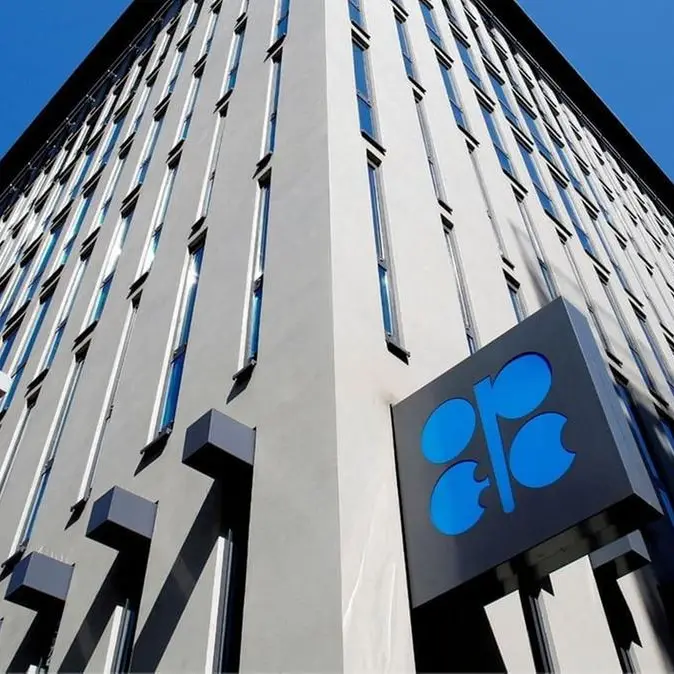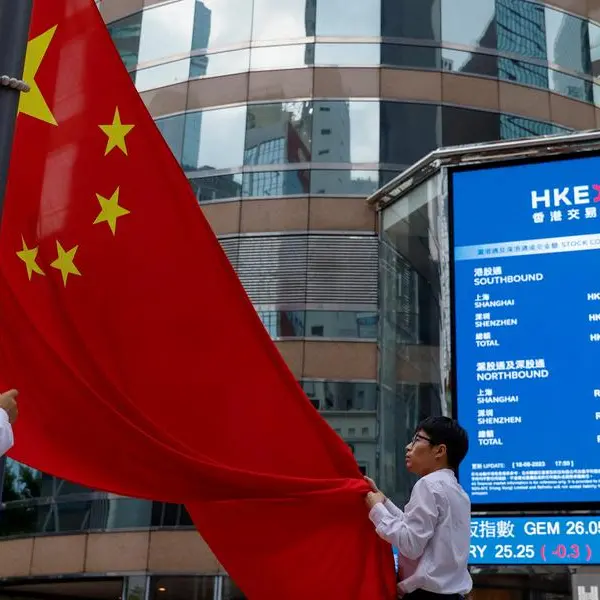PHOTO
LONDON - Britain must align itself with European Union rules and cut compliance costs to avoid its 8.8 trillion pound ($10.74 trillion) funds sector losing global competitiveness, the Investment Association (IA) industry body said on Tuesday.
Despite the continuing strength of the industry’s international position, there is rising concern across the industry about threats to competitiveness and the potential knock-on effect for the domestic market, the IA said in its annual survey of asset managers.
Assets under management in 2022, a year of war in Ukraine, turmoil in UK pensions and rising interest rates, fell 12% to 8.8 trillion pounds from 10 trillion in 2021.
This was a bigger fall than during the global financial crisis, after years of 10% annual growth. While 11 billion pounds flowed into funds that track indices, a record 36.6 billion pounds left actively managed retail funds.
"The most important detractor in sentiment has been the incremental cost and complexity of the UK regulatory environment," the IA said.
"In the context of the wider pressures in the operating environment, the scale of regulatory change over the past five years is of significant concern. It has already led some firms to look differently at the role the UK plays in their global operations."
Europeans account for 56% of overseas clients as asset managers run funds in EU centres such as Luxembourg and Dublin, which has, so far, continued after Brexit.
"The EU fund regime is an extraordinary export story for the EU and we should be extremely careful about diverging away from that. We should be as closely aligned as possible," one asset manager said in the survey.
Britain has begun a wide ranging reform of its financial rules, including tougher consumer protection, to exploit post-Brexit "freedom" to write its own regulations.
"Firms point out that there are other jurisdictions, including the U.S., which provide high consumer protection regulation and a lower regulatory compliance burden that could see the UK’s global competitiveness reduced, particularly in a post-Brexit environment, where access to the European market is less certain," the IA said.
($1 = 0.8190 pounds)
(Reporting by Huw Jones; Editing by Andrea Ricci)





















